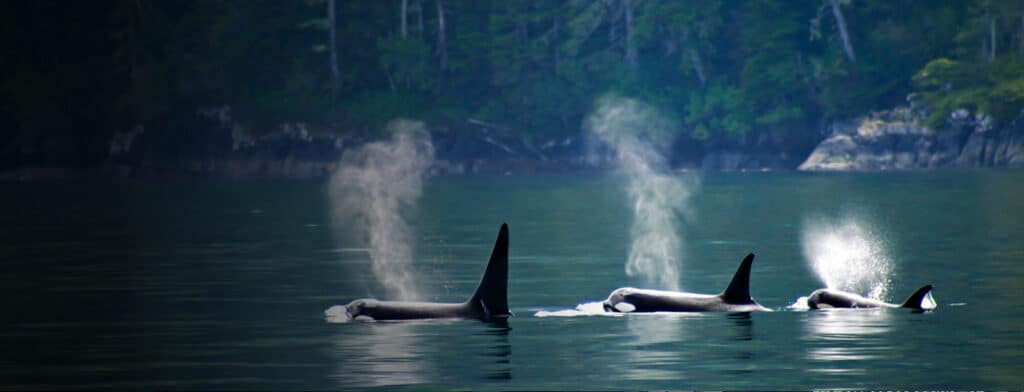
Resources
Search
Resource Type
Issues
Projects
-
The Dangers of TVA’s Policy for Memphis
After years of over-paying for power, Memphis is finally on the verge of giving notice to end its contract with the Tennessee Valley Authority, in favor of switching to a lower-cost, environmentally c…
-
DFC Impact Quotient Submission
As organizations that support communities around the world to raise their voices and input into the development decisions that affect them, we are writing to ensure that the IQ is as strong as possib…
-
Genetically Engineered Mosquitoes: Coming soon to Florida and Texas?
Oxitec has genetically engineered the Aedes aegypti mosquito, known to transmit tropical diseases like dengue fever, zika, and chikungunya.
-
Mosquitos Transgénicos: ¿Vienen pronto a Florida y Texas?
Oxitec, una empresa de biotecnología, está cabildeando a niveles estatales y locales a Florida (FL) y Texas (TX) para que aprueben la liberación de al menos 500 millones de sus mosquitos transge…
-
DFC nuclear comments
Friends of the Earth writes to express our concerns with the U.S. International Development Finance Corporation’s (DFC’s) proposal to take nuclear off of its Categorical Prohibitions list in its E…
-
Letter to Ex-Im Bank on COVID-19
As policy makers decide on the shape and size of stimulus packages, determining economic trajectories for decades to come, climate considerations must be central to their calculations. The worldwide h…
-
G20 Governments Continue to Finance the Climate Crisis
This analysis shows that since the Paris Agreement was made, G20 countries have acted directly counter to it by providing at least USD 77 billion a year in finance for oil, gas, and coal projects thro…
-
Korean Translation: G20 Governments Continue to Finance the Climate Crisis
Korean translation: This analysis shows that since the Paris Agreement was made, G20 countries have acted directly counter to it by providing at least USD 77 billion a year in finance for oil, gas, an…
-
Japanese Translation: G20 Governments Continue to Finance the Climate Crisis
Japanese translation: This analysis shows that since the Paris Agreement was made, G20 countries have acted directly counter to it by providing at least USD 77 billion a year in finance for oil, gas…
-
Cashing in on COVID: Tax Breaks, Royalties and Stimulus Loans
As the US continues to lead the world in COVID-19 infections and deaths, Big Oil is looking to cash in on the policy response to the crisis. While frontline workers make due without hazard pay or prot…